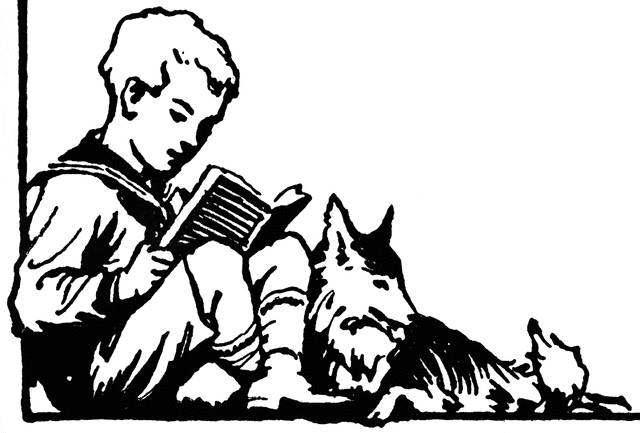There's an interesting article by Janet Fitch in today's L.A. Times discussing the way local (L.A.) writers fail to portray Los Angeles in an authentic way. "L.A. writers still must navigate the entrenched notion that we're all out here lying by the pool with a margarita in one hand and a phone in the other," she writes. Failure accurately describe our city in print, Fitch argues, will not only misrepresent the city in the eyes of readers, but in those of its citizens. "To write about this city is in some essential way to create it...An image that is, in its way, as important as the concrete place where people live and sleep and look for places to park" she explains.
People remember the movie "L.A. Story"--which really is an ingenious satire of life here in the Southland--but seem to have forgotten that satire is about inflation and exaggeration. They remember the bored weatherman prerecording his reports of "sunny, sunny, sunny" three-day forecasts and believe that's the reality. The reality is more complex--rainy winters, June gloom, droughts. Viewers remember "L.A. Story"'s superficial actress wannabes and vicious agents, when many Angelenos have no more experience in Hollywood than someone from Wichita. They recall the characters who would rather drive than walk even one block, without realizing that our city maintains a fantastic public transit system which is widely used and growing more popular all the time. Maybe people assume that the average resident of Southern California goes to the beach daily, surfs, and maintains a perfect tan year-round, but they don't get that the water in Santa Monica is freezing cold even in August, and that many of kids in the inner city never get to dip their toes in because their parents are too busy working two jobs a piece just to pay rent.
I think there are some authors who capture L.A. well. Ayelet Waldman's Nanny Track mysteries depict many familiar landmarks more or less accurately (although I've caught a few geographic inaccuracies). Rochelle Krich manages to depict many L.A. neighborhoods in ways that accurately reflect my personal L.A. experiences. However, I think that by and large, I have to concur with Ms. Fitch's comments.
